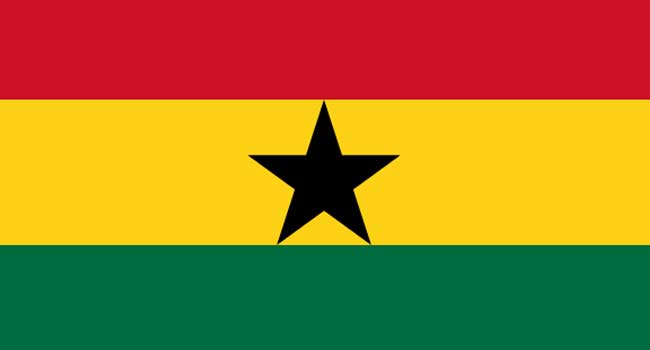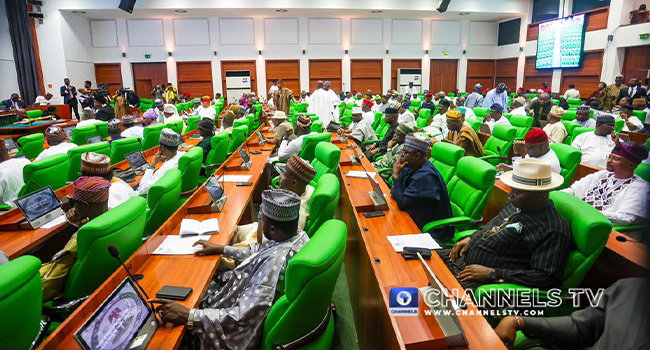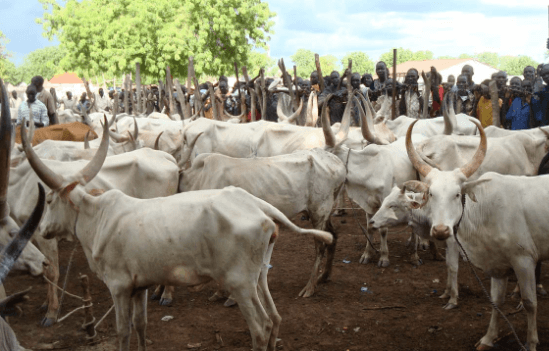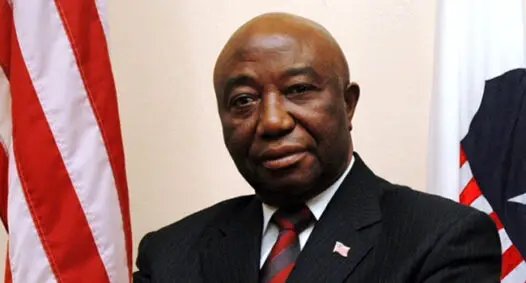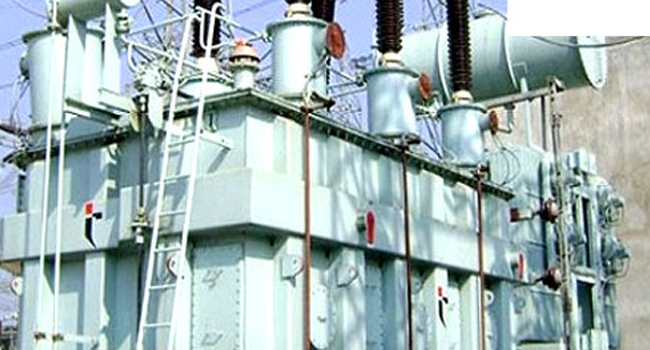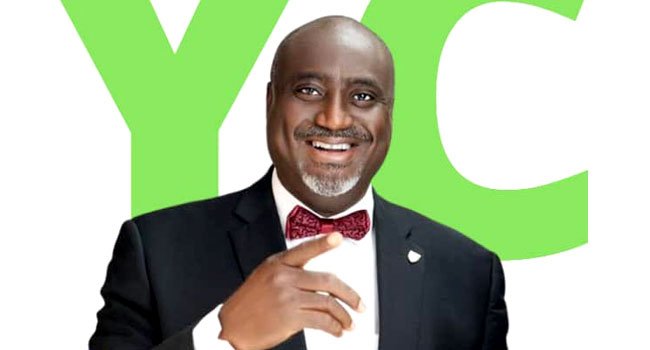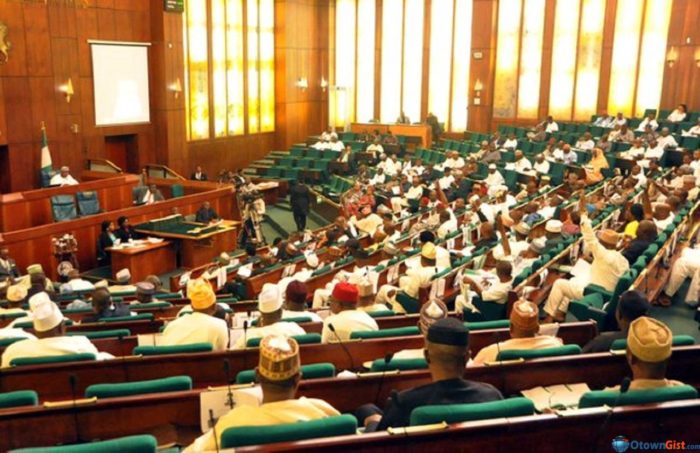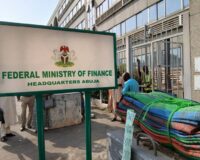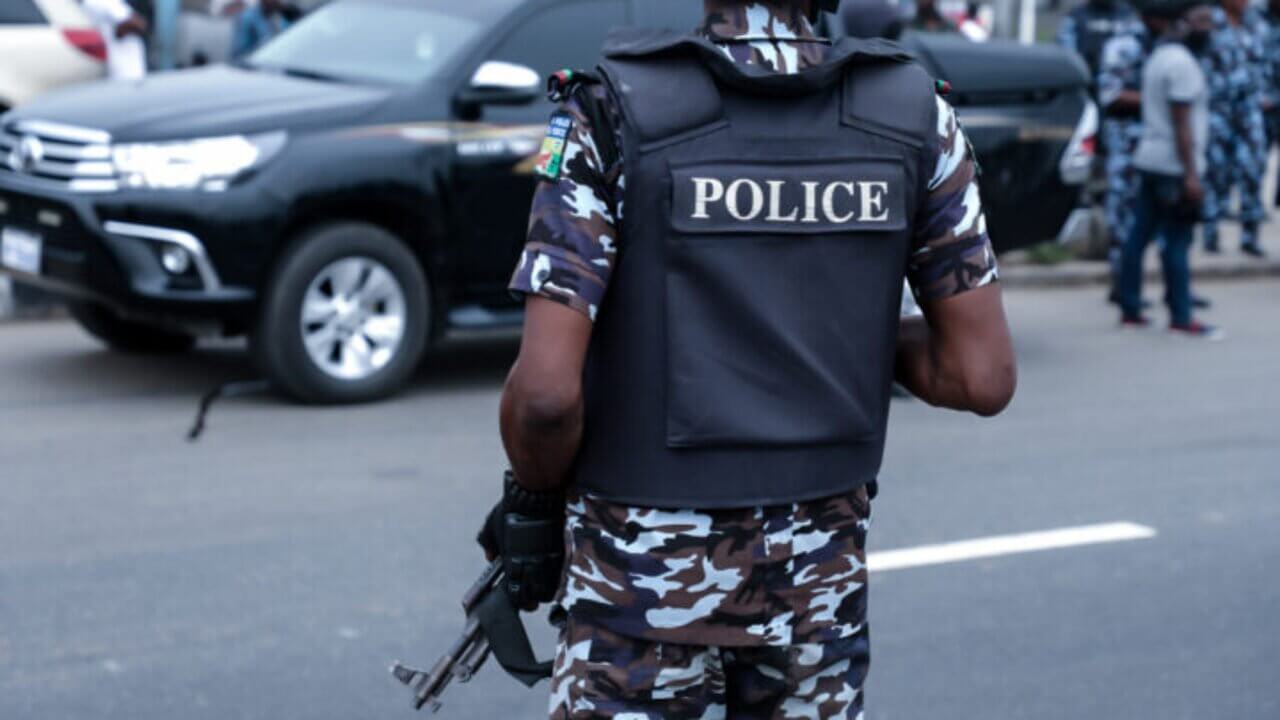Police commission disown training date for constables
The Police Service Commission has disowned multiple social media reports on the 2022 Recruitment exercise, especially on the imaginary scheduled date for training for shortlisted candidates. The Commission also condemned the use of the name of its Spokesman, Mr Ikechukwu Ani, on fictitious and phantom Press Statements calculated to deceive unsuspecting Nigerians on the […]



